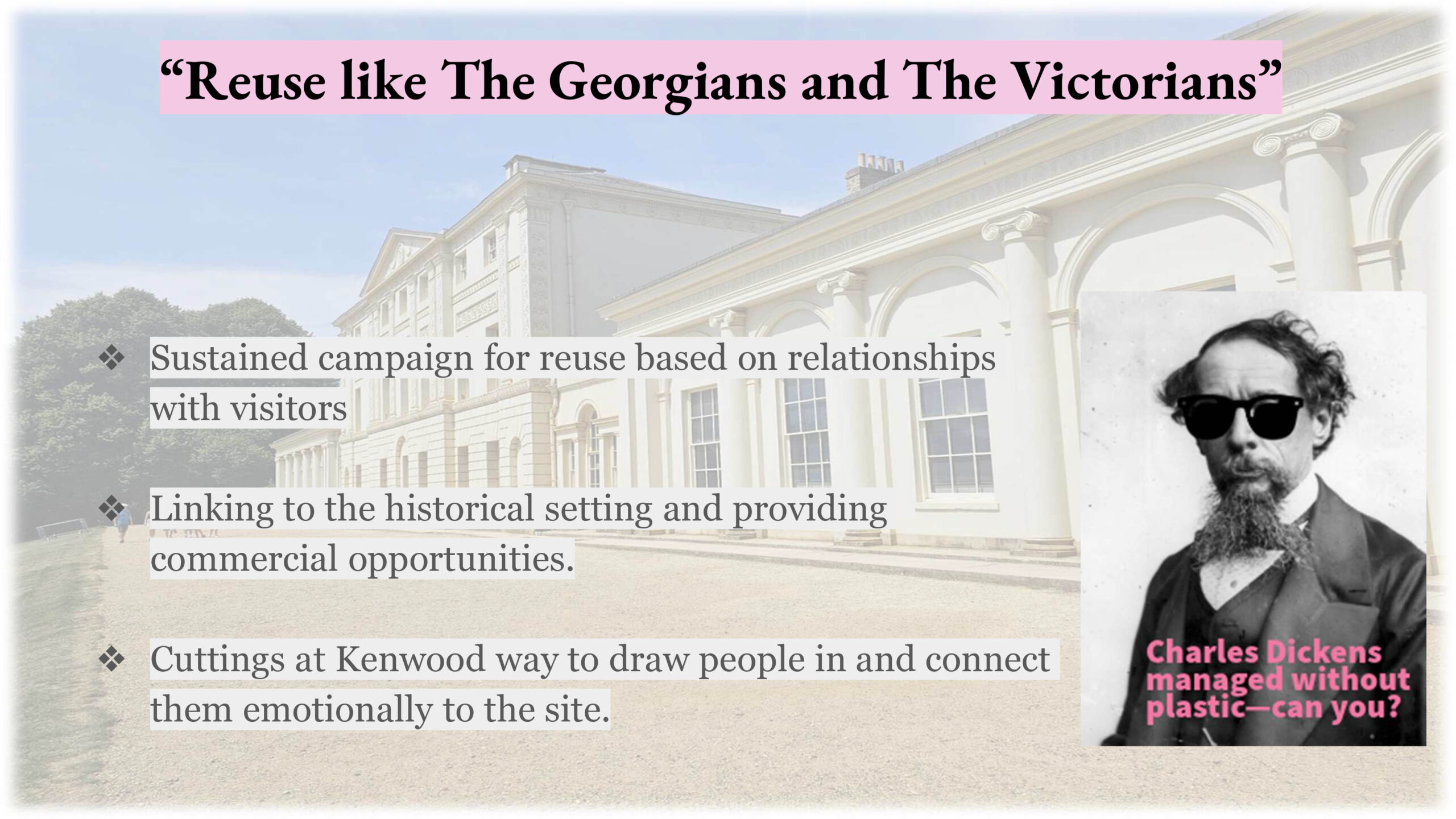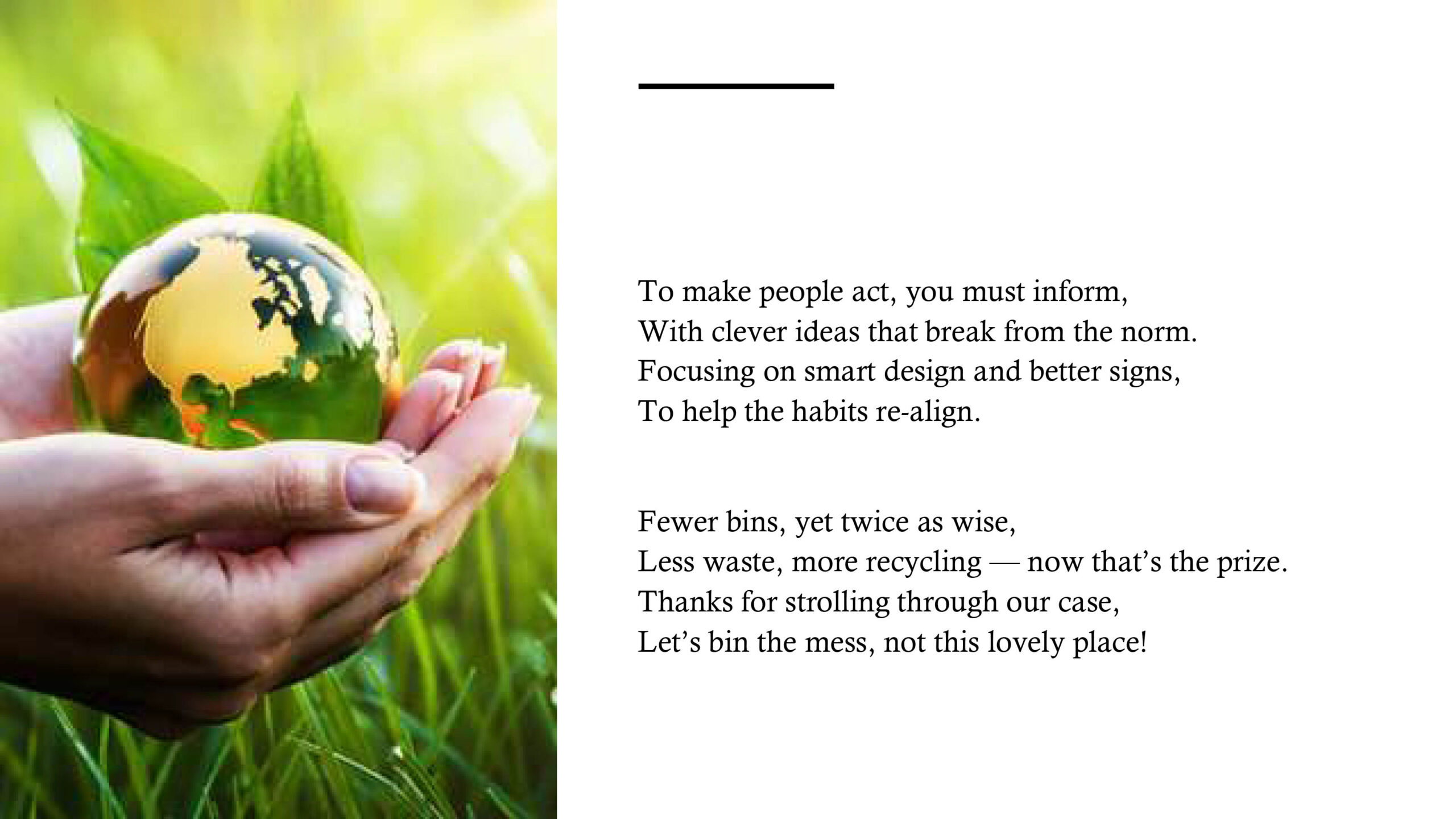Last week, The Open University proudly hosted its first-ever Sustainathon — an exciting, week-long online initiative where STEM student teams tackled real-world sustainability challenges presented by third-sector organisations. The main objective of the activity is to develop employability skills and increase sustainability awareness. This year, we were thrilled to collaborate with English Heritage and The Final Straw.
The OU Sustainathon 2025 was developed by the OU Design Group, in partnership with OU Careers and Employability Services. It also included collaborations with our two external charitable organisations, which set the sustainability challenges. The event, held entirely online, was STEM Faculty-wide, offering students from across disciplines the chance to explore sustainability through a fresh perspective, while developing new ideas and solutions.
Running from 18 June to 24 June, the event took place immediately following the conclusion of the OU exams*, providing an enriching opportunity for students before the summer. The OU Sustainathon uses a structured approach to design problem-framing developed by Derek Jones, Nicole Lots and Georgy Holden, which supports the creative and collaborative design-thinking process.
A student described the process as: “It allowed everyone to experience the typical cycle of understanding the problem, defining a solution, dealing with disagreement productively, and required a good bit of hustle from everyone! Exceeded my expectations with regards to real-world applicability. The OU can be a bit of a remote experience, and programs like this really help to address that!”

Fig 1: Group 1 – slide from ‘Waste not Want not – The Victorian Way’
The OU Sustainathon 2025 builds upon the success of our OU Designathon events held over the past two years. The Designathon is a real-world project-based, one-day online learning event that follows the same design problem-framing approach. However, due to its longer duration, the Sustainathon allowed for deeper engagement. With two mentors assigned to each challenge, students had continuous support throughout the 7 days.
Each challenge consisted of three teams, and each team delivered one final presentation. Out of the 42 students who were selected, 35 were at the launch of the project, and 30 were part of the final presentations, showing their dedication and commitment. The participating students were self-selected from various study levels, ranging from Level 1 to Level 3, and included postgraduate students as well. Each group had a range of students coming from the different STEM fields, including Computing, Maths, Environmental Studies, and Design.
The challenge from English Heritage focused on their London Kenwood estate and the waste and recycling issues there, particularly the difficulty in meeting waste reduction targets due to non-compliance from visitors. The Final Straw Foundation’s challenge aimed at tackling nurdle pollution. These two projects addressed sustainability issues at different scales, leading to a range of diverse solutions. It was inspiring to see how one challenge could inspire such a wide variety of ideas.

Fig 2: Group 3 – Slide from ‘Kenwood House Waste Reduction & Sustainability Proposal’
As expected with any new event, we encountered a few technical glitches. However, once everyone was on board, the students demonstrated excellent collaboration throughout the project. The final presentations were truly impressive, showcasing the high standard of work produced in just one week. These presentations will be featured in our Design Annual Show.
One student shared, “Thank you so much for the opportunity to participate in Sustainathon – it has really helped in my career exploration and development!”
In all, the event was interactive and rewarding for both students and the participating charities. The ideas, services, products, and concepts generated were not only innovative but also practical and applicable. Our students truly demonstrated their creativity and commitment to building a more sustainable future.

Fig 3: Group 6- Slide from ‘Know your Nurdles’
A special thank you to the OU Careers and Employability Services team — Georgina Hawkins and Rachel Jolly — for their unwavering support in developing the project and helping me stay on track 😊.
We also want to extend our gratitude to our fantastic mentors, Associate Lecturers Anne-Marie McKenna, Peter Jones, and — Rachel Wood and Sam Osys, both PhD students in Design. Their guidance was invaluable in helping students build essential design and employability skills, boosting their confidence for future careers.
Finally, a thank you to Nick Braithwaite, our previous STEM Executive Dean, and Neil Edwards, who encouraged us to set up this as an online event, after I described the concept for an OU Sustainathon during last year’s 2024 eSTEeM conference presentation.
*Note: For students who began their studies in October, OU has varying module start dates, so the timing of exams may differ for some.

Leave a Reply